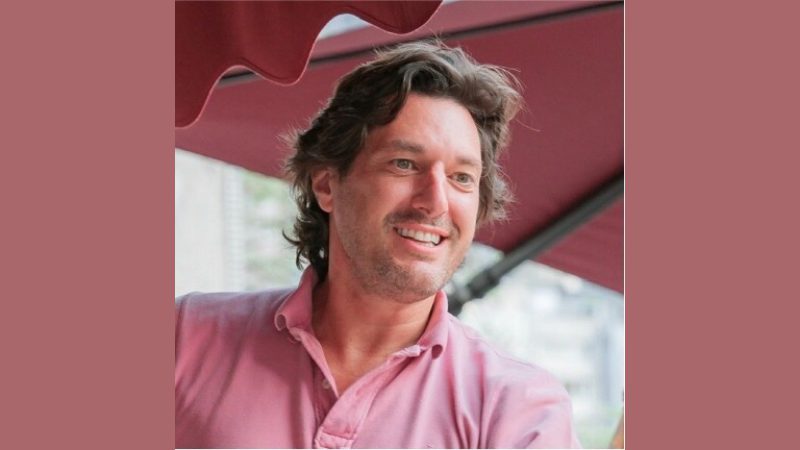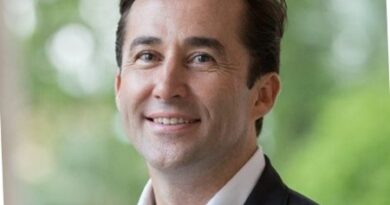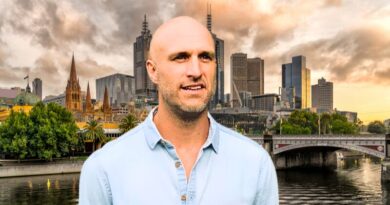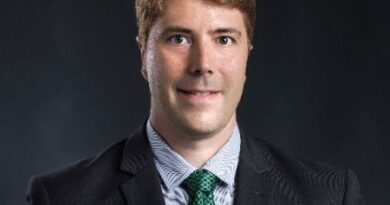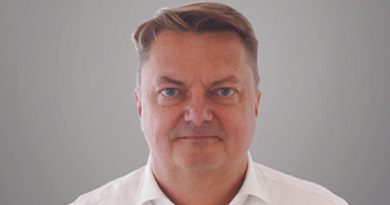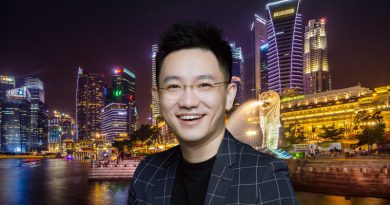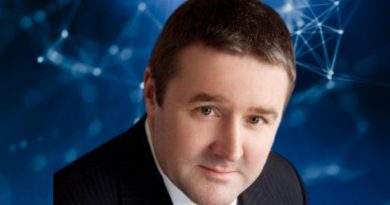Robin Favre: “At the end of the day codes are still written by humans”
Robin Favre in Hong Kong is the CIO of the Backbone EVO Fund, a quantitative futures strategy, and the Founder of D’Aguilar Capital Management. His finance career started in Zurich and took him to London and Geneva before he arrived in Hong Kong. In 2010, he left his job as an equity derivatives trader at ICAP to launch his own business. Hedge Funds Club’s Stefan Nilsson had a chat with Robin to find out more about him and his business.
Eleven years ago, you left banking to work on your own fund, Backbone Asia. What was the main driver for setting up your own shop?
I think it was primarily my own entrepreneurial streak. Though I had my full-time banking job, I constantly remained interested in the rest of the business world and continued to work on novel ideas. In 2004, I worked on a soup bar concept in Europe and in 2010 on a recycled cartridge distribution business in Hong Kong. However, statistical finance is my first love. I have been developing alphas since 2000, initially with a program looking to outperform the S&P500 Index. After having moved to Hong Kong in 2006 I adapted my alphas to Asian markets. Solid performance in critical years like 2007, 2008 and 2010 encouraged me to start a quantitative research firm in 2010: what became Backbone. The alphas developed there performed well over the years so the decision to become fully dedicated to it was an obvious one for me.
Your investment strategy is a quantitative futures program. Tell us about it.
The strategy trades liquid equity indices futures with a focus on ASEAN markets, though also including the VIX. It aims to capture alphas for one day to a few days via trends, counter-trends and pair trades (index arbitrage and volatility arbitrage) while optimising the fund’s convexity.
You deploy machine learning and artificial intelligence in your investment process. How critical are those components to your strategy and its results?
We employ different kinds of machine learning models – supervised, unsupervised and reinforcement – to tackle different challenges. Backbone’s strategy is entirely based on such quantitative models, but at the end of the day codes are still written by humans and certain limitations are set by us. Novices to AI should stop believing that AI is this kind of “holy grail”; that machines are trading alone and consistently generating profits. However, AI experts should keep believing that we may very well reach that kind of scenario eventually.
You are originally from Europe and you were sent to Hong Kong during your banking career. What made you stay and launch your fund business in Hong Kong?
I was instantly drawn to Hong Kong’s energy and cosmopolitanism when I first arrived in 2005. I also recently started a family here with my wife and Hong Kong has a lot to offer all three of us. Besides a balanced lifestyle, Hong Kong is a solid, well-regulated business centre that is a great platform for China and Asia to access the world.
Now it’s been more than a decade since you struck out on your own. What has been the biggest hurdles for your business during this time?
A personal hurdle was remaining patient while continuing on with the hard work required for Backbone’s success. It was crucial for us to perfectly execute the development phases in order to build a good reputation and trustful business partnerships. It meant we were well-positioned with a strong edge, but it took time. Even after all these elements are in place, timing is key. The planets are aligned and thankfully Backbone EVO is getting traction as CTAs are bouncing back after several years of poor performance. Investors are desperately looking for Asian exposure and diversification. In addition, AI strategies are also attracting more investors who are looking to increase their exposure to such sophisticated strategies that have outperformed other quantitative funds in recent years.

